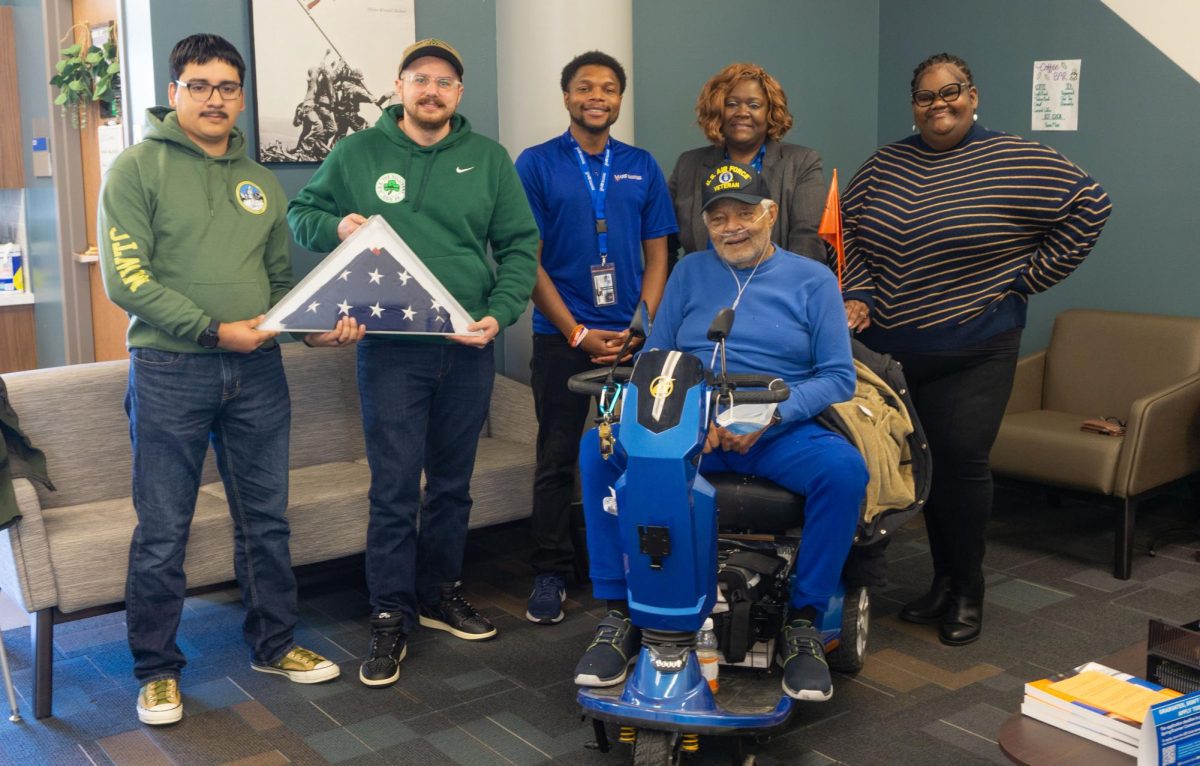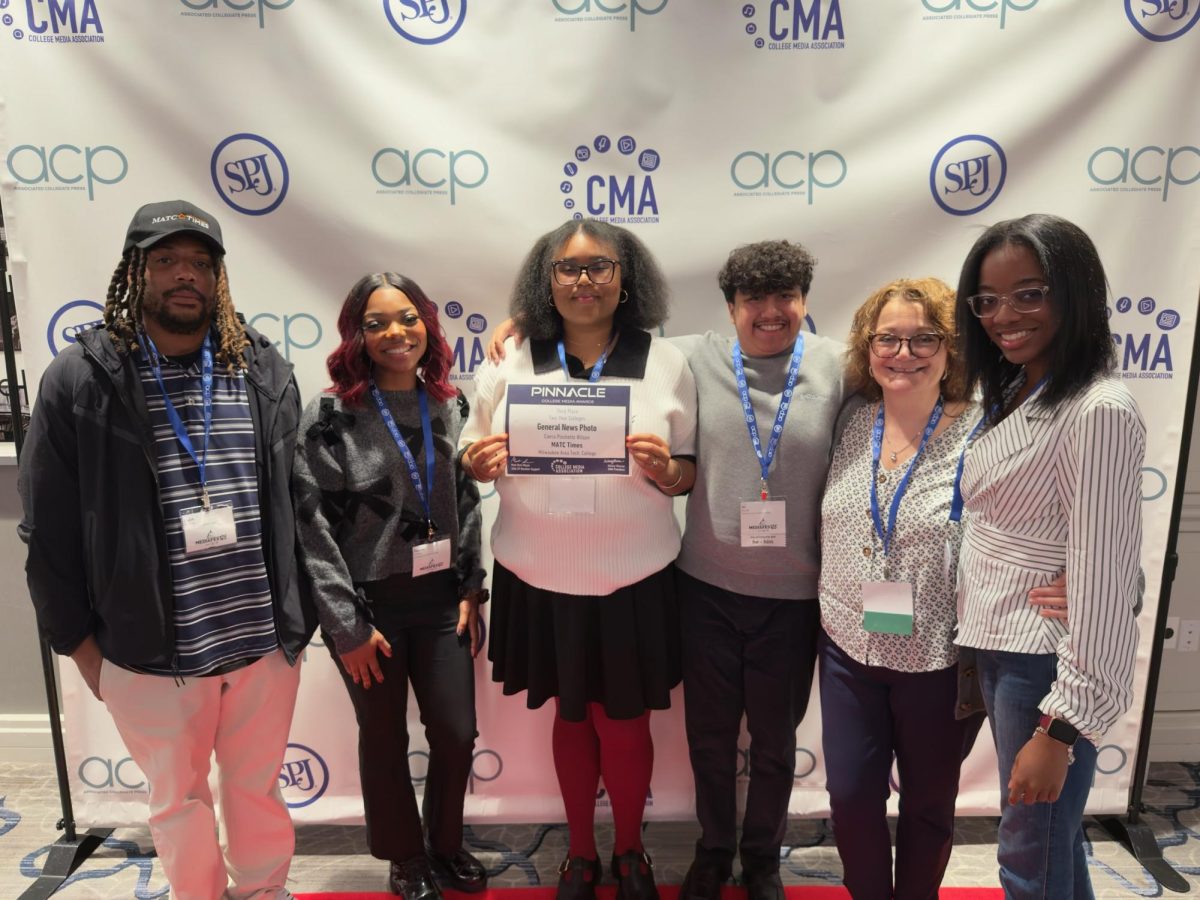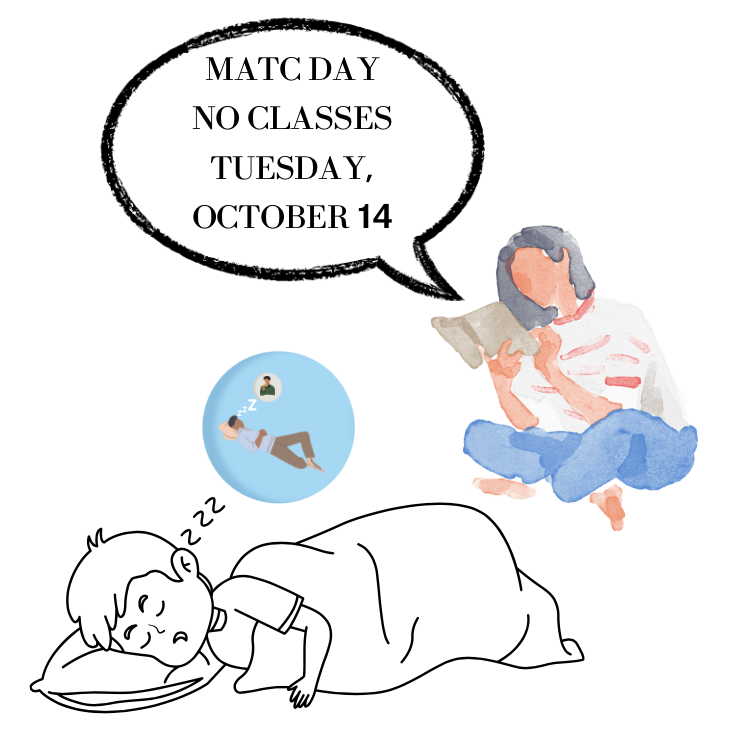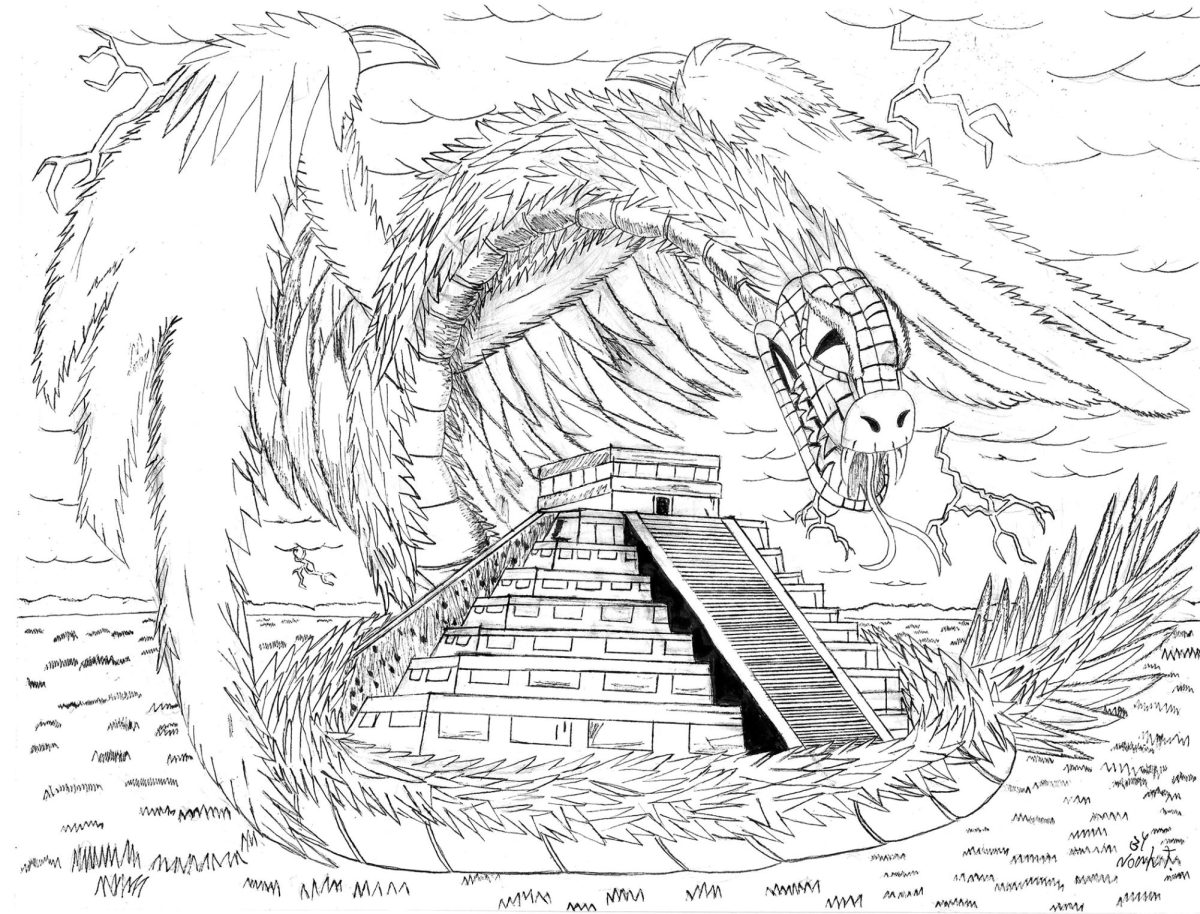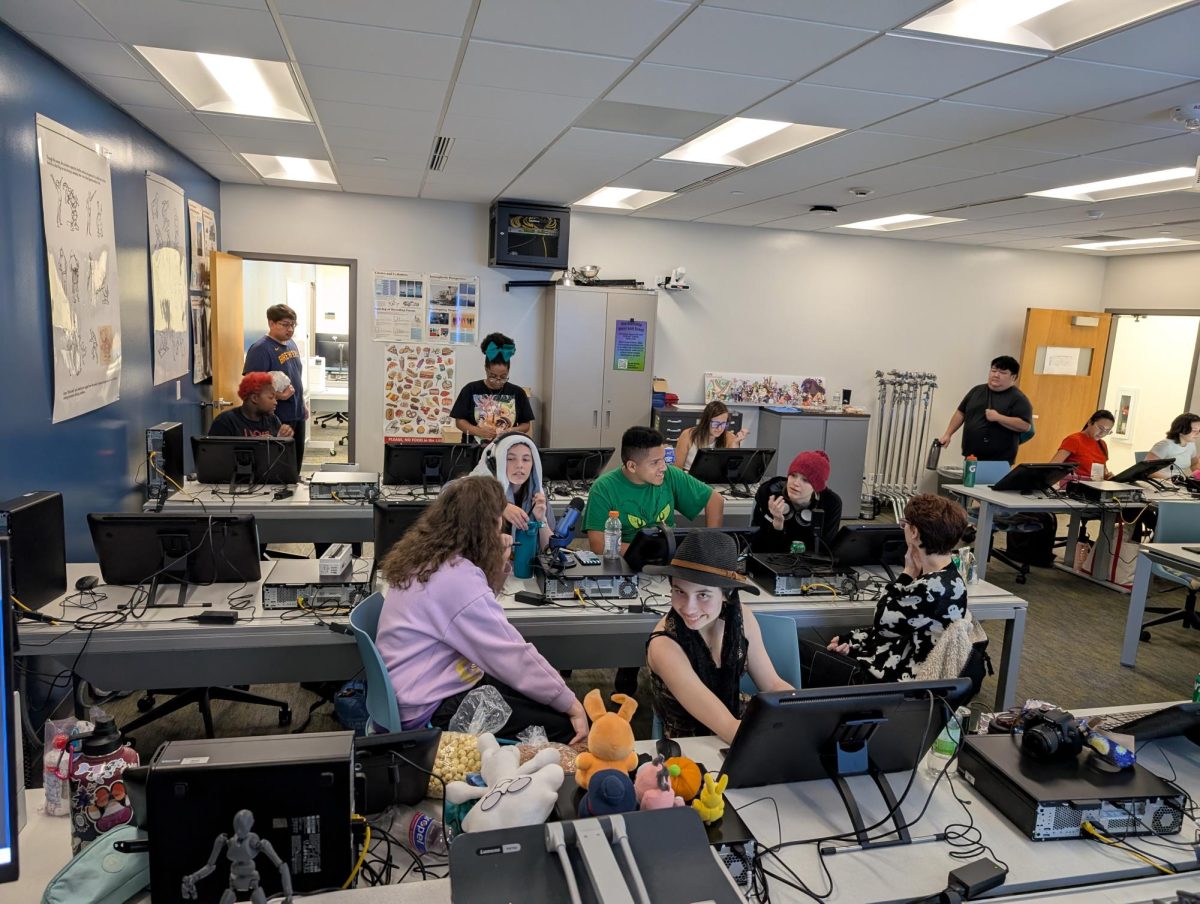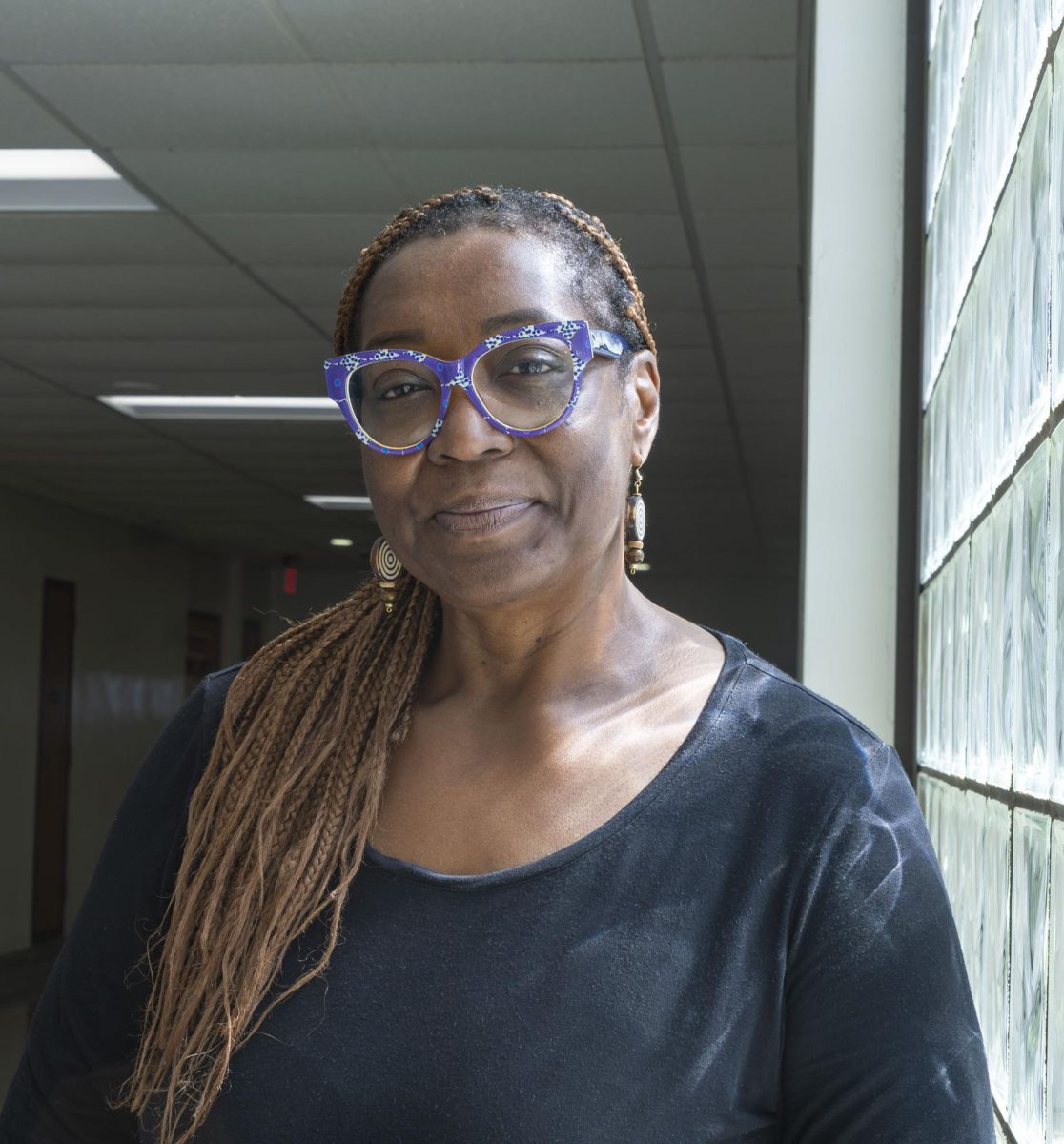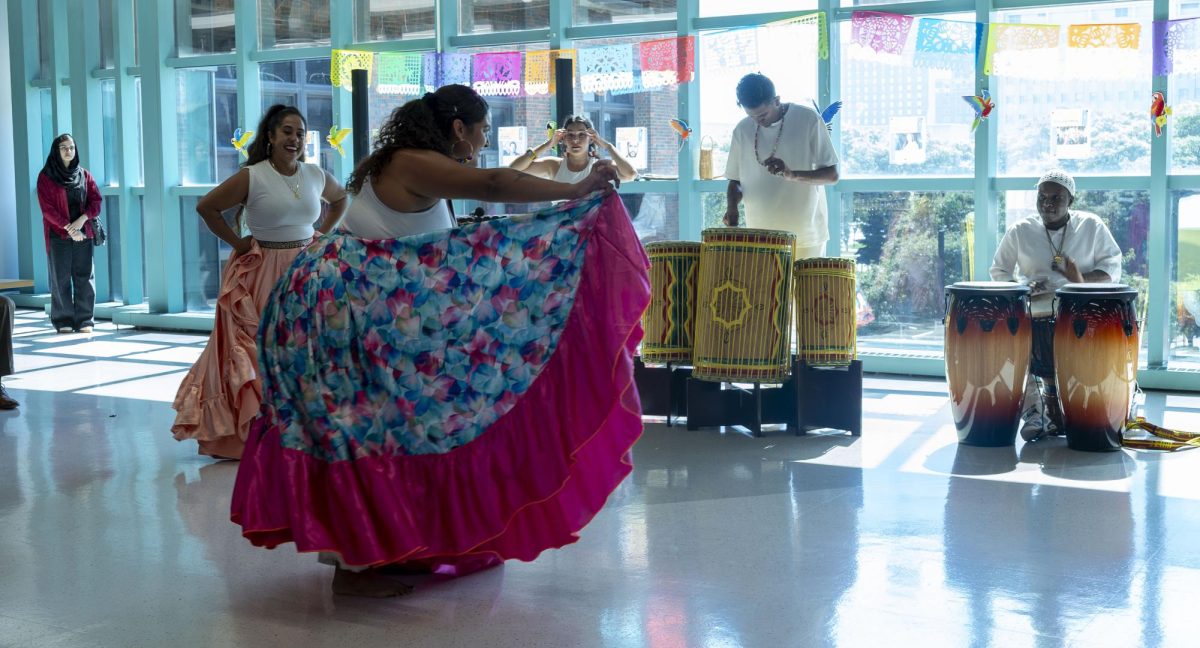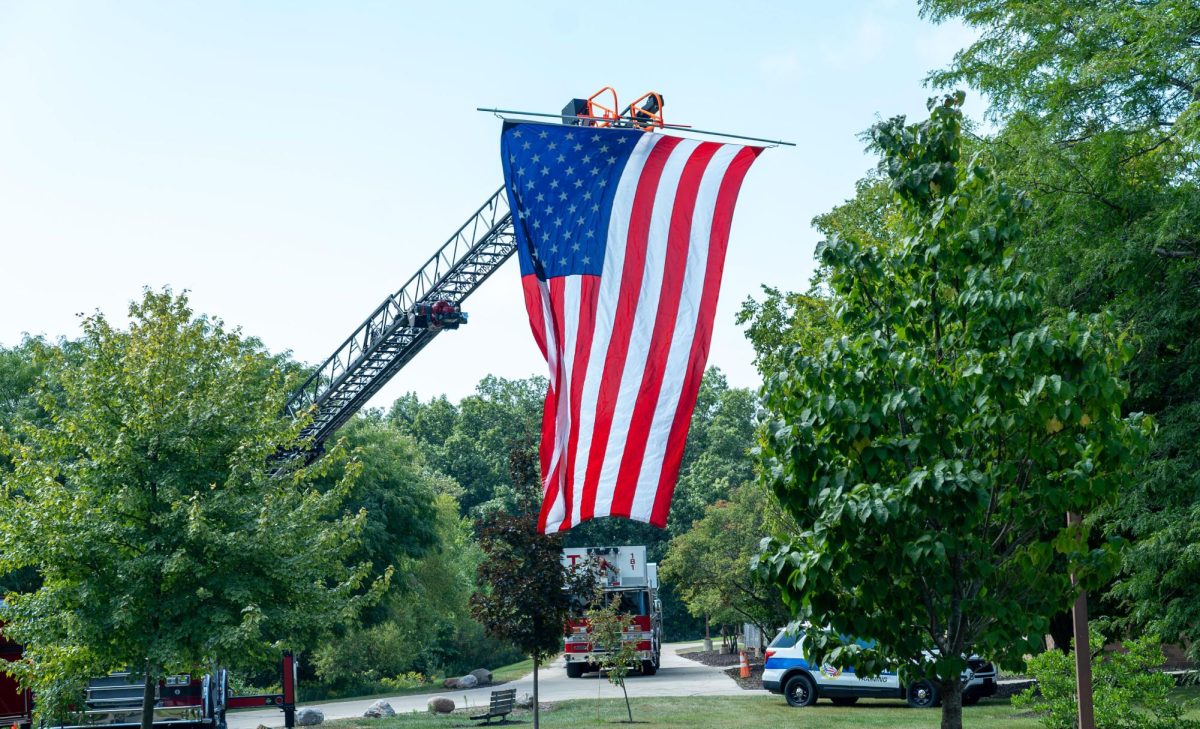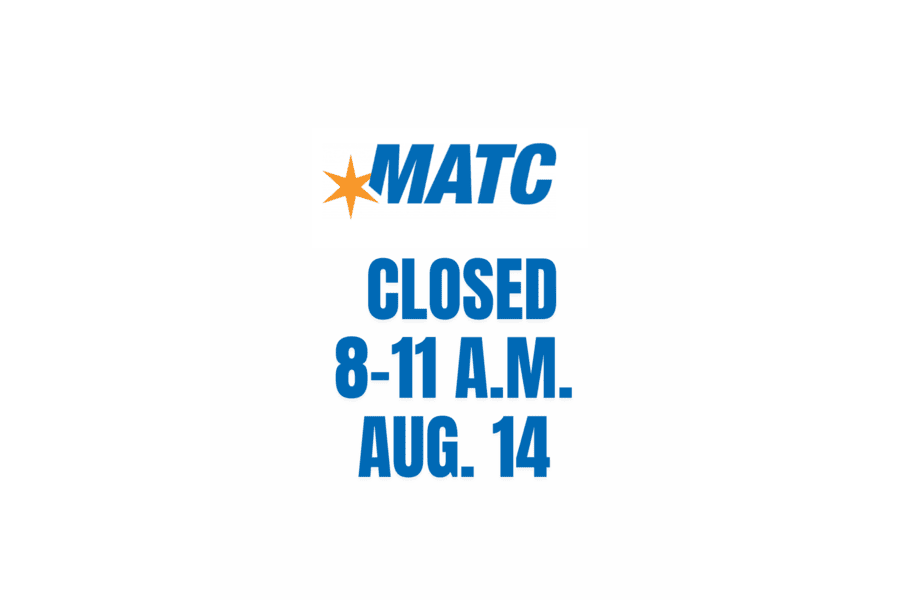If retired Latin American History instructor Al Rozas had been born somewhat earlier, he would have had some choice words for Conquistador Pizzaro, who made first contact with the Incas in late April of 1528, near a town called Timbes in Peru. Born and raised in Cuzco, Peru, Al Rozas grew up in proximity to the world famous Machu Picchu archaeological site. Rozas developed a love for archaeology and cultural studies early in his life.
Having read the first guidebooks ever produced in Cuzco by his father’s print shop, which described the Inca and various surrounding architecture, Rozas became fine tuned in understanding Latin American history.
Rozas’s father also taught Spanish and French courses in the Continuing Education Program at MATC during the early 1960’s. Rozas made his first trip to Machu Picchu in 1961 as a singer for the Conservatory of Music choir.
The trip was in conjunction with the 50th anniversary of Machu Picchu’s discovery by Hiram Bingham in 1911.
Since then, Rozas has visited Machu Picchu 14 times for academic and vacationing purposes.
Rozas left Cuzco when he was 14 years old with his mother to visit to his sister’s family in Milwaukee. His brother-in-law was already working and finishing his engineering degree in Milwaukee. In the fall semester of 1964 Rozas entered MATC as an Architectural Drafting and Engineering student.
He soon pledged social service fraternity Alpha Nu Beta here. At that time MATC had active fraternities and sororities that gathered daily in the old M-building basement cafeteria. One of those sororities called Alpha Theta Epsilon had member named Barbara Jean (Bobbie). She later became his wife. Many of their oldest friends are former fraternity and sorority members who are MATC alumni.
As a couple, they have seen many changes at MATC including 8 school presidents. Rozas credits much of the faculty and counselors for keeping many of the cultural organizations alive once students have moved on.
Rozas was working full-time at GE Medical Systems and took courses as time permitted at MATC. He graduated in 1970 and received a scholarship to attend UWM full-time and finished a BA degree in Mass Communications/Journalism. Rozas then continued on for a Masters Degree in 1980 in Communication.
At this time Rozas began working at The Urban Research Center at UWM as a research fellow, joining a team that did research design and analysis for several government funded projects. He then continued on in a doctoral program called Urban Social Institutions, now called Urban Studies.
Frank Samuels, then Dean of Liberal Arts and Sciences, along with Hannah Picket, Associate Dean for the Social Sciences, hired Rozas in August of 1984. Richard Muirhead, an instructor and Rozas’ wife, both already working at MATC, had made him aware of the opening.
By the middle 1980s Stan Felber, Associate Dean of Liberal Arts at the time, started an Honors program here. Rozas was part of the committee, which explored the ideas of creating an Honors program.
Later it was implemented as the Honors Contract Program between students and instructors. By 2005, Rozas became the Honors Coordinator for the program up to his recent retirement.
During his time at MATC, Dario (Al) Rozas became a mainstay for great instruction. Rozas taught mostly Political Science themes including American National Government and Politics, State and Local Government and Politics, Contemporary American, as well as Sociology and Programs and Problems in the City.
After certification to teach history, Rozas taught Latin American History. His Peruvian roots and cultural experiences made his history classes rich in reliving the Spanish Conquest and provided each and every student a lasting memory of the Incan perspective and other Latin cultural groups.
Machu Picchu was always a favorite topic of discussion along with a large cache of photographic slides taken on location by Rozas.
Both Rozas and his wife Bobbie are retired. As a family they have dedicated much of their lives to the betterment of MATC programs. They have also taught their own children the value of education.
His Cuzco, Peruvian roots planted a seed that blossomed into a fruitful and polished career as an instructor. His story is a fulfillment of the American dream as well as teaching others that same dream.
Hopefully this loss created by his retirement can be filled again with someone who has the background and love for education as Dario Al Rozas.

